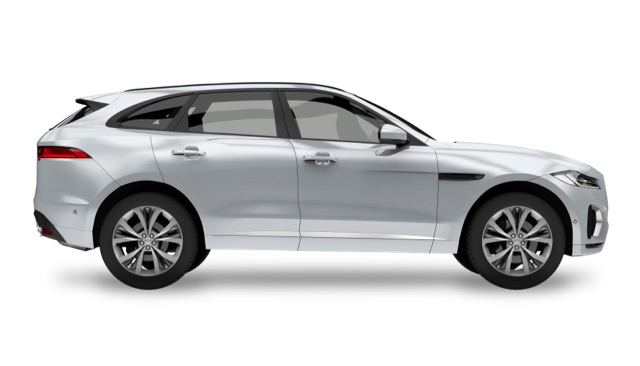- Quick and easy service
Demystifying Car Rental Insurances. Your Guide to Understanding Coverage Options
Renting a car can be an exciting part of your travel plans, offering the freedom to explore new destinations on your terms. However, when you step up to the rental counter, you're often faced with a barrage of insurance options, each promising to protect you in different ways. Understanding these insurance options is essential to making informed decisions about coverage. In this comprehensive guide, we'll break down the different types of car rental insurance, what they cover, and when they are necessary for specific travel scenarios.

Collision Damage Waiver (CDW) or Loss Damage Waiver (LDW)
What it covers: CDW or LDW covers the cost of repairs to the rental vehicle in case of damage. It often includes a deductible that you're responsible for paying.
When it's necessary: CDW/LDW can be a wise choice if you want to avoid being liable for substantial repair costs in the event of an accident. When you hire a car in Europe, this type of insurance is generally included in the cost. In the US and Canada, you may have to buy a policy separately.
Theft Protection (TP)
What it covers: Theft Protection insurance (TP), provides coverage in the unfortunate event that your rental car gets stolen while in your possession. It often includes a deductible that you're responsible for paying.
When it's necessary: TP insurance is necessary when you want to safeguard yourself against the financial burden of a stolen rental car. While it may not always be mandatory, it's a valuable addition to your rental insurance package, especially in areas with higher rates of car theft. When you hire a car in Europe, this type of insurance is generally included in the cost.
Third Party Liability (TPL) Insurance
What it covers: TPL insurance, also known as third party liability insurance, covers damage and injuries caused to third parties, including other vehicles and people, in an accident involving the rental car.
When it's necessary: TPL insurance is in most countries often required by law and the rental company to provide coverage for third-party claims. It's a critical component of your rental insurance, ensuring that you're financially protected if you're responsible for an accident. When you hire a car in Europe, this type of insurance is generally included in the cost. In the US, Canada or South America, you may have to buy a policy separately.
Supplemental Liability Insurance (SLI)
What it covers: SLI, also known as supplemental liability insurance, covers third-party injuries and property damage caused by your rental vehicle and acts as an extension to the basic TPL insurance. It offers higher liability limits than the minimum coverage required by the rental company.
When it's necessary: If you're concerned about potential accidents causing significant damage or injuries to others, SLI can provide extra protection.
Super Collision Damage Waiver (SCDW) or Super Cover
What it covers: SCDW is an optional insurance often offered by local rental agencies. This insurance can be offered under many different names and extends beyond the typical Collision Damage Waiver (CDW). It provides protection against a wider range of damages to the rental vehicle often with either a very low or no deductible.
When it's necessary: SCDW becomes necessary or advisable for individuals who want to minimize their financial exposure when renting a vehicle, especially if they are unfamiliar with local driving conditions or are renting in a high-risk area. Keep in mind that this insurance can come at a high cost and might not be needed if you already purchased an insurance with Zero or Refundable Deductible through HAPPYCAR.
Personal Accident Insurance (PAI) or Personal Effects Coverage (PEC)
What it covers: PAI provides coverage for medical expenses and accidental death benefits for you and your passengers. PEC covers personal belongings if they're stolen from the rental car.
When it's necessary: PAI can be useful if you lack health insurance or have limited coverage for medical expenses. PEC might make sense if you're carrying valuable items during your trip. This type of insurance can be generally acquired at the rental desk.
Roadside Assistance
What it covers: Roadside assistance covers services like towing, jump-starts, tire changes, and lockout assistance.
When it's necessary: If you're not a member of an auto club that offers similar services, roadside assistance can be a helpful add-on. However, some credit cards and personal auto insurance policies might already provide these services.
Car rental insurance options can vary widely, and their necessity depends on your existing coverage and travel plans. Before renting a car, review your personal auto insurance policy, credit card benefits, and any existing memberships that might offer coverage. Consider the risks you might face during your trip and weigh them against the cost of insurance. Ultimately, being well-informed about your insurance options will ensure that you make choices that provide the right level of protection for your peace of mind while on the road.

Where would you like to rent a car?
- 24000+ pick-up locations
- Free cancellation
- Independent comparator